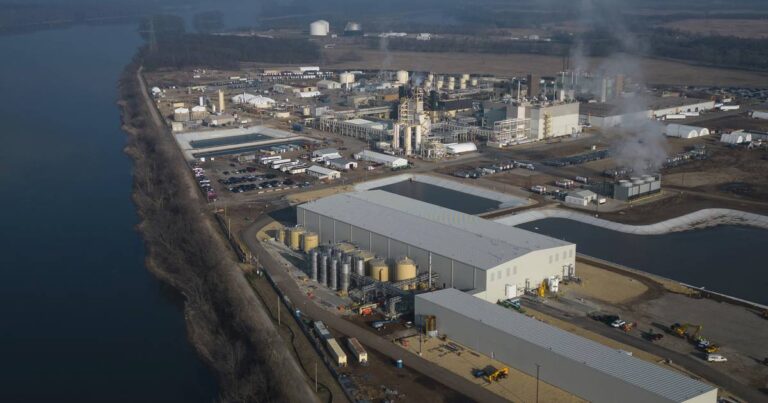Faced with an avalanche of lawsuits and more intense scrutiny from government regulators in the United States and Europe, 3M announced Tuesday it will stop making forever chemicals within the next two years.
Minnesota-based 3M pioneered the chemicals after World War II. During the past two decades, trial lawyers obtained once-secret company documents revealing that by the 1950s 3M executives knew about the dangers of their Scotchgard stain repellent and other self-promoted miracle products containing the chemicals.
Advertisement
Also known as per- and polyfluoroalkyl substances, or PFAS — forever chemicals are highly toxic and almost indestructible. They are in the blood of nearly every American. Babies are born with PFAS coursing through their veins.
Two of the most studied versions of the chemistry are so toxic there is effectively no safe level of exposure, the U.S. Environmental Protection Agency declared in June after reviewing the latest research. Long-term exposure can trigger testicular and kidney cancer, birth defects, liver damage, impaired fertility, immune system disorders, high cholesterol and obesity. Links to breast cancer and other diseases are suspected.
Advertisement
3M contends the chemicals are not harmful. The company said its decision to phase out production was driven in part by “changing stakeholder expectations.”
“This is a moment that demands the kind of innovation 3M is known for,” Mike Roman, the company’s chairman and chief executive said in a news release. “While PFAS can be safely made and used, we also see an opportunity to lead in a rapidly evolving external regulatory and business landscape to make the greatest impact for those we serve.”
A Chicago Tribune investigation found that forever chemicals released into the environment for more than a half century pose widespread threats to human health in Illinois.
More than 8 million people in the state — 6 out of every 10 Illinoisans — get their drinking water from a utility where at least one forever chemical has been detected. Worrisome concentrations can be found in farm fields and gardens fertilized with PFAS-laden sewage sludge.
About 15 miles upstream from the Quad Cities, a 3M manufacturing plant has been releasing PFAS into the Mississippi River and emitting the chemicals into the air without limits since 1975.






